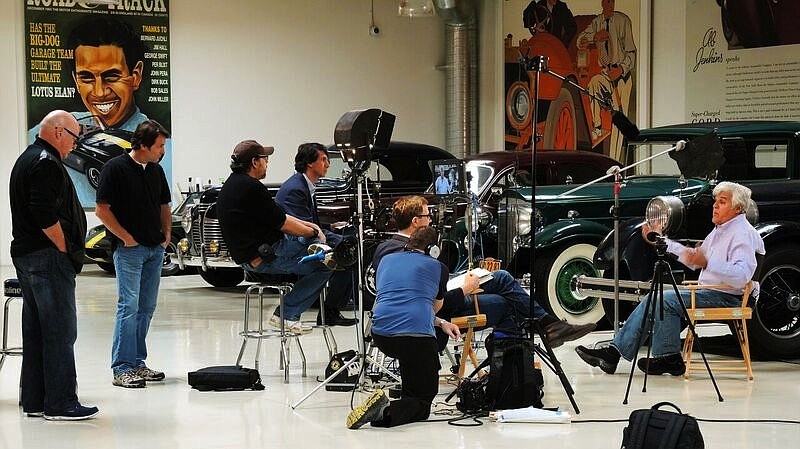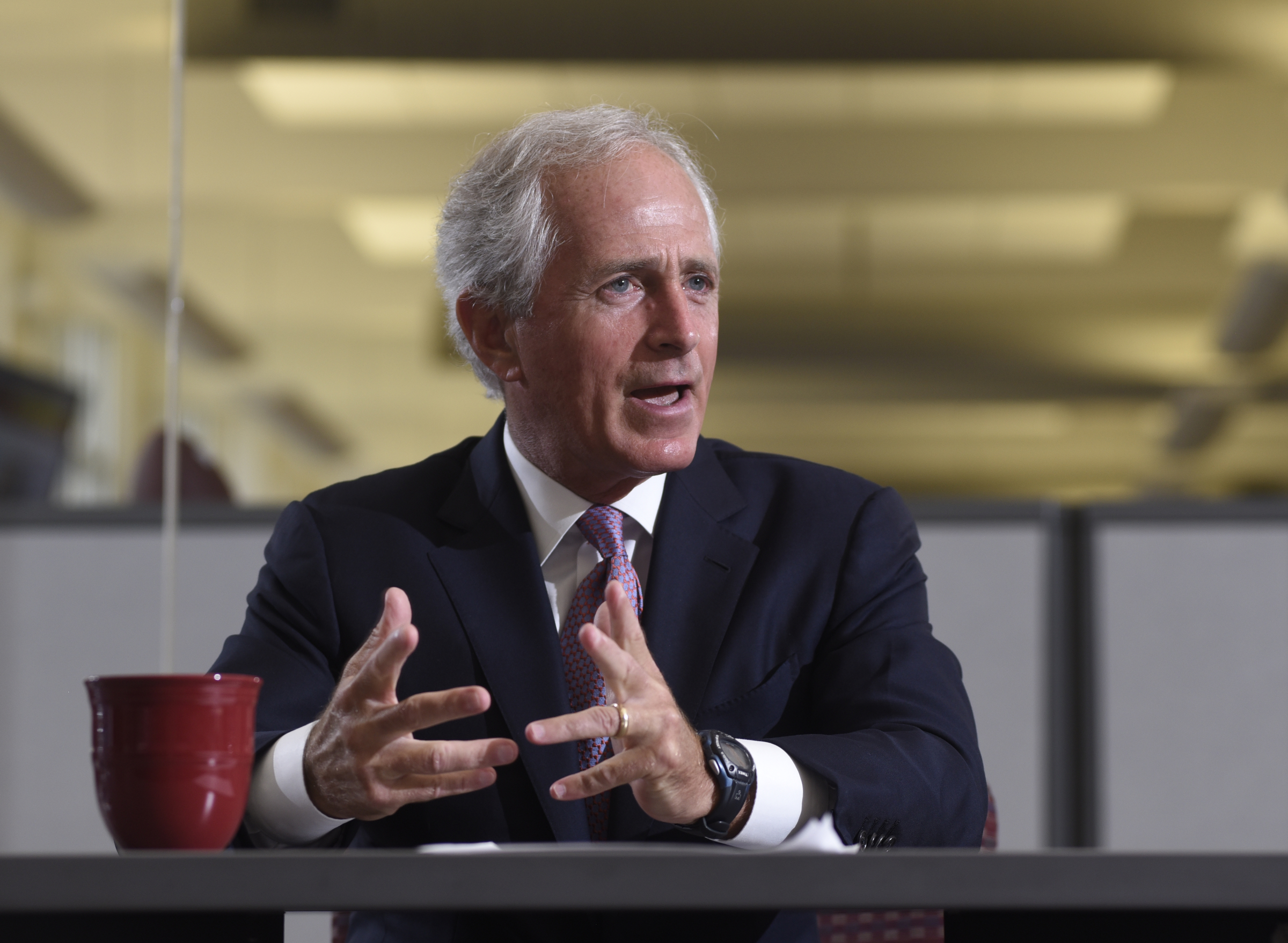Where to see Live Another Day
The documentary is currently showing at the Carmike East Ridge 18 and at the Carmike Northgate 14.
A documentary on some of Detroit's darkest days debuted at theaters in Chattanooga and other select markets on Friday, retelling the dire story of the near collapse and unprecedented government rescue of General Motors and Chrysler during America's worst economic crisis since the Great Depression.
The events may now be nearly a decade old and based in Detroit, Washington D.C., and Wall Street. But they offer an insider's look at how the taxpayers' bailout of the auto industry was put together and why U.S. Sen. Bob Corker, R-Tenn., became so soured on the United Auto Workers union and its ongoing battle to organize Volkswagen workers in Chattanooga.
The film "Live Another Day," is based on the book "Crash Course" authored by Pulitzer Prize-winner Paul Ingrassia, who praises the UAW for helping build America's middle class in the 1950s and '60s. But he suggests the union contracts proved deadly for the Big Three when the Great Recession hit.
The film documentary was written and produced, in part, by former Turner Broadcasting and Weather Channel CEO Bill Burke, who is the brother of former Chattanooga Lookouts owner Frank Burke.
Burke said he his production partner, Didier Pietri, have overseen documentaries in their media careers and wanted to make one of their own about one of the most compelling tales in business in recent history. The film debuted Friday at about 60 theaters in selected markets, including at the Carmike theaters in East Ridge and Hixson.
Burke said he has no political axe to grind in the film.
"This was a lot more complicated than people think, with a lot of winners and losers," Burke said in an interview this week from his home in Maine. "But fundamentally, it's just a great story with a lot of bigger-than-life people in it and a lot of high-stakes drama."
The film includes former "Tonight Show" host Jay Leno, a car enthusiast who often talks about America's love affair with the automobile.
The documentary took about three years to make, and when the film makers were finishing their project "The Big Short" hit theaters last year with an account of how the housing collapse developed and rattled the U.S. economy leading to the collapse of major investment firms like the Lehman Brothers in New York.
"The Big Short" ends with them walking through the empty Lehman Brothers office and our film literally picks up from there and tells the next chapter about the impact of the Lehman failure on the auto industry," Burke said.
The film offers no narration of its own or any fictional recreations of any of the scenes. Instead, the documentary is told entirely from 31 participant, academic observers and journalists who covered the saga.
In the film, which is told entirely through the voices of 31 participants and observers at the time, Corker and others question why the UAW and its members weren't asked to sacrifice more in exchange for the $79.7 billion of government loans and assistance provided to the industry. (Most of that has since been repaid).
While secured creditors lost billions in the government-controlled bankruptcies of GM and Chrysler in the spring of 2009, the UAW as an unsecured creditor of pension and health benefits was still able to get billions of dollars of benefits in the workout plan.
"Why are you genuflecting so much to the UAW," Corker asked a member of Obama's presidential task force on the auto industry. "He said, "well we were worried about whether they were going to come to work or not. I said, "you've got to be kidding." I just think they were overly concerned (with the UAW)."
Corker also blamed the CEOs of GM, Ford and Chrysler for coming to Washington in early 2009 begging for a government bailout without a plan for how they would save their companies.
"It was amazing to me that these three gentlemen had come in asking for nearly $25 billion and they did not tell us how they were going to divide it up," Corker recalled. "It was almost beyond belief."
Corker, the most junior member of the Senate Banking Committee in 2009 when senators reviewed the initial bailout request from Detroit's Big Three auto makers, questioned why many auto workers continued to get most or all of their pay when they were not working and why more wasn't done to provide work rule flexibility and wage competitiveness for the future.
"You are asking us for $25 billion to support (a UAW contract) clause that in no other business in this country would be tolerated," Corker told the auto executives during the congressional hearing.
But others in the film, including former Michigan Gov. Jennifer Granholm, former UAW President Bob King and car czar Steven Rattner, blamed most of the crisis on the mortgage excesses that caused the housing collapse. They credit the government bailout for helping save America's auto industry and more than 1.5 million auto jobs.
Granholm said after the collapse of the Lehman Brothers investment bank on Wall Street, car sales immediately slumped and she received layoff notices from more than 250 automotive companies in Michigan.
"I think we were all tremendously concerned about whether the American auto industry would survive," King told the film makers.
The film does contain some surprises, including one unexpected admission from King who resigned after his union lost the 2014 election in Chattanooga 712-626 to organize the Volkswagen assembly plant and gain a UAW foothold at a foreign car maker in the South.
King admits it is hard for him as a former UAW president to admit, but his first car was a Volkswagen.
Corker says the first car he ever bought was a Pontiac GTO - "gas, transmission and oil," Corker quipped.
Contact Dave Flessner at dflessner@timesfreepress.com or at 423-757-6340.

